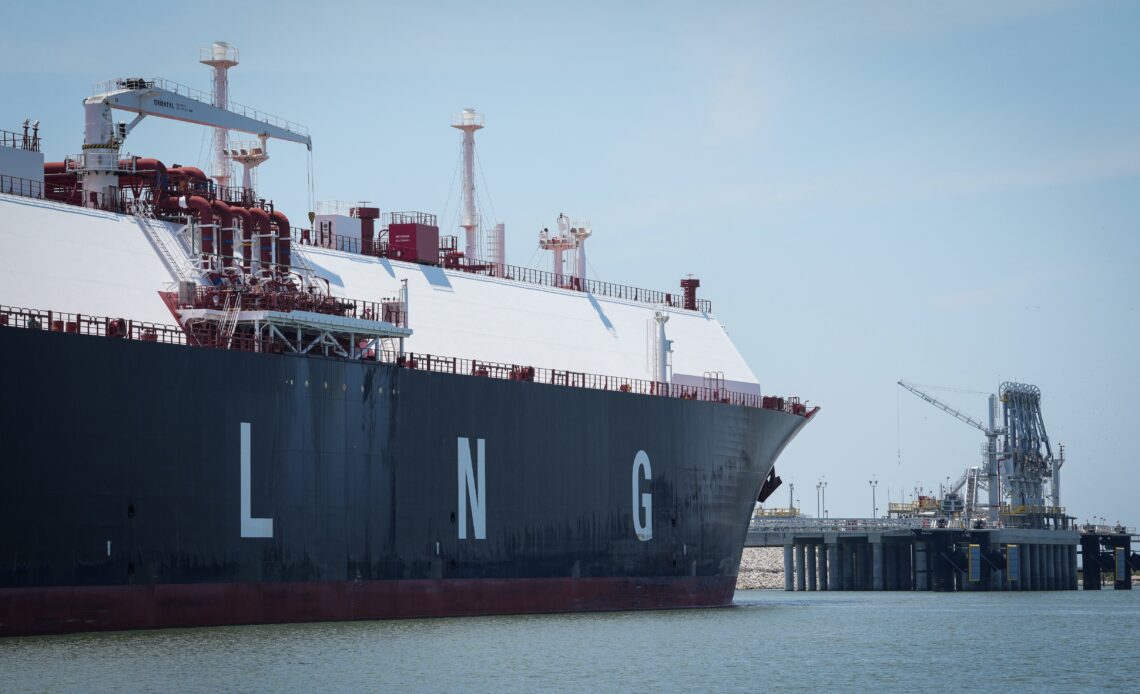CLIMATEWIRE | The White House decision to pause approvals of liquefied natural gas terminals has fed a contentious debate: Is LNG dirtier than coal?
Many environmentalists argue that it is, challenging the conventional wisdom that gas is a sort of diet fossil fuel that could help reduce climate pollution as the energy system shifts to renewable power.
But the picture is more complicated than that, say many researchers who study the carbon content of fuels. Gas — and LNG exports in particular — most likely contributes more to planetary warming than previously thought, but it still can reduce greenhouse gas emissions compared to coal in some instances.
On supporting science journalism
If you’re enjoying this article, consider supporting our award-winning journalism by subscribing. By purchasing a subscription you are helping to ensure the future of impactful stories about the discoveries and ideas shaping our world today.
The idea is a bombshell in the world of energy politics, where gas has long been touted as having about half as many emissions than coal. In December 2023, 170 climate scientists signed onto a letter asking President Joe Biden to reject plans to build more LNG export terminals, mostly along the Gulf of Mexico, on the grounds that liquefied gas is “at least 24 percent worse for the climate than coal.”
Biden’s announcement last month to temporarily halt the approval of future projects until it examines their climate impact took a step in that direction — and fanned the flames of the gas versus coal debate.
The argument that LNG is dirtier than coal runs against previous academic and government studies, which have found that LNG can reduce planet warming emissions. Claims to the contrary are often based on a forthcoming Cornell University study, which has yet to be peer reviewed.
Robert Howarth, a professor at the university who wrote the study, said previous research about LNG’s climate impacts failed to account for the carbon dioxide emissions associated with liquefying the gas, a process that requires chilling it to extremely cold temperatures.
“We need to move away from all fossil fuels. But the U.S. is hugely increasing our production of natural gas. We’re the world’s largest producer of natural gas. We were not 10-15 years ago. We are the largest exporter of natural gas. We didn’t export any 10 years ago,” Howarth said in an interview. “It’s totally the wrong trajectory.”
This is not the first time he has…
Click Here to Read the Full Original Article at Scientific American Content: Global…

